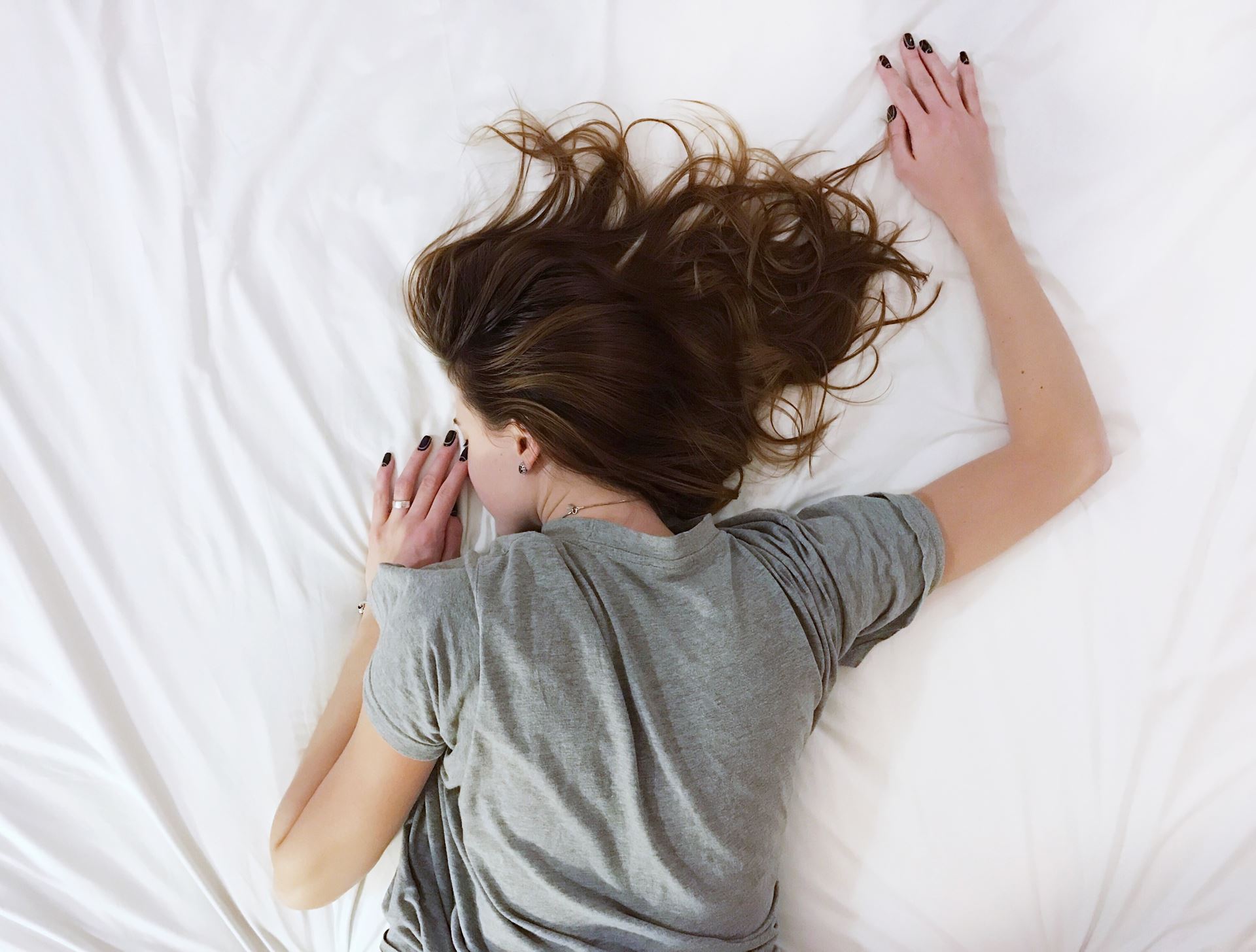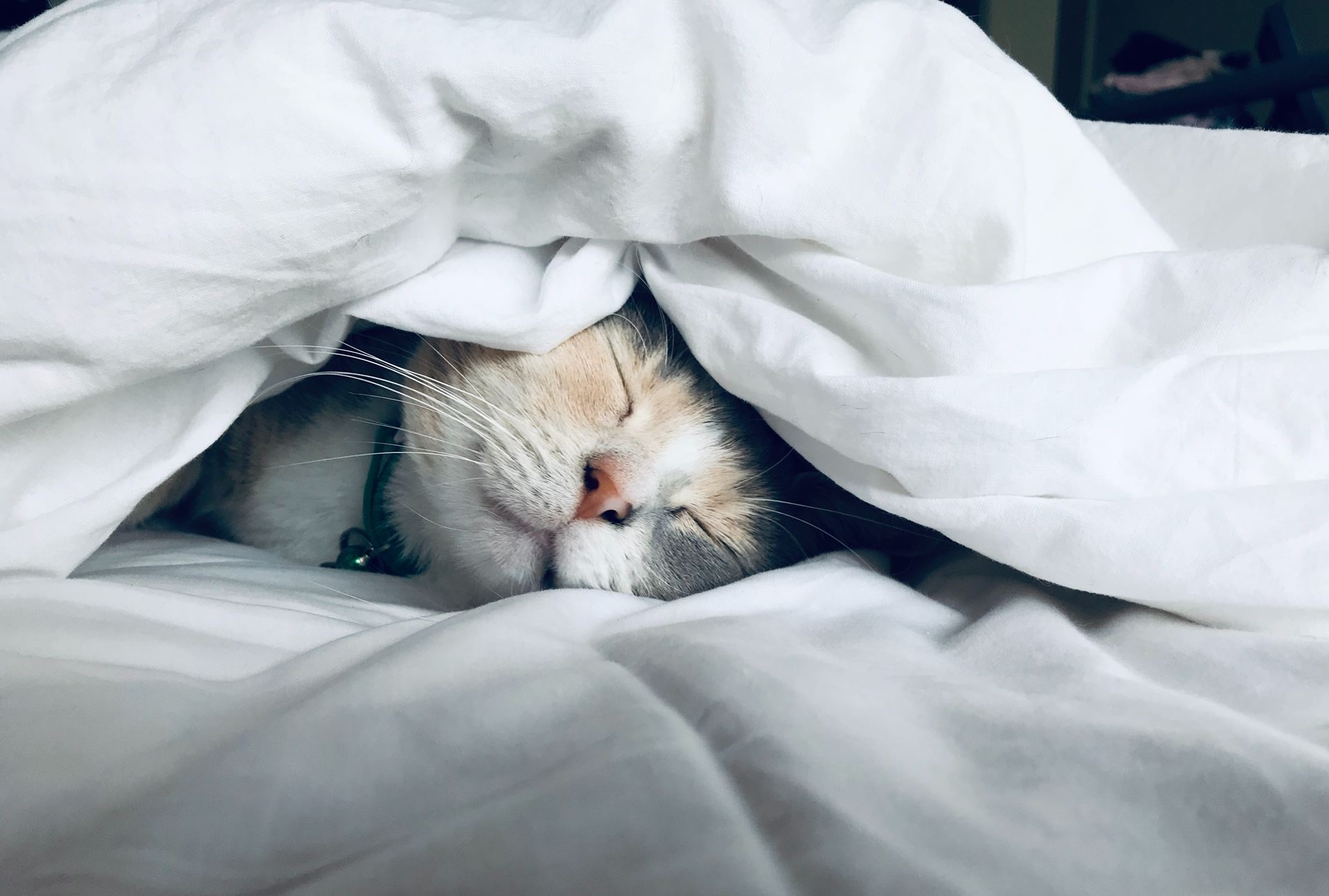Sleep

SLEEP ADVICE
Poor sleep patterns and sleep disturbances are extremely common and are a very frequent reason why individuals contact our surgery in distress and desperate for a solution. Thus
while a good sleep is imperative for normal brain function:
SLEEPING TABLETS ARE NEVER the ANSWER!
For all of our patients who suffer from insomnia we would strongly recommend reading “Why We Sleep” by Matthew Walker. Dr. Walker is a “sleep physiologist” who has spent his career researching sleep from a variety of perspectives. In his book he explains the reasons for poor sleep patterns, the unpleasant consequences of a lack of sleep; the dangers of sedative drugs; and also some solutions for poor sleeping. We have summarised his main findings below.
A Normal Sleep Cycle
Sleep problems are more common now than at any time before in human history and there are many reasons for this. In the first chapters of the book Walker explains circadian rhythms, the adenosine cycle and the role of melatonin in a normal sleep pattern.
More importantly he then considers the common sleep disruptors:
• Constant electric light including LED lights – from ipads/ tablets/ mobile phones/ computers and TVs in the bedroom can all inhibit sleep.
The dark side of modern light is that even low lux artificial light can adversely influence the suprachiasmatic nucleus (the part of the brain essential for us falling asleep)!
• Blue light is harmful to melatonin (our body’s natural “darkness” hormone) and LED from an ipad or tablet is much worse than reading a book.
• Raised bedtime temperatures – modern heating / triple glazing and wall insulation have altered the normal nocturnal drop in temperature. Overheating in bedrooms inhibits sleep.
Therefore we recommend that you get “the night-time chills” – cool temperatures in the evening in bed assist sleep. Core temperature usually drops by 1 degree Celsius at sleep induction then rises a bit throughout the night.
Being too hot at night inhibits sleep. A bedroom temperature of 18 degrees is ideal. Warming the peripheries can help cool the core.
• Caffeine – is a serious sleep disruptor – so it is very important that tea, coffee and caffeinated drinks (including “fizzy” drinks) late in the evening should be avoided
• Alcohol - Alcohol initially sedates the prefrontal cortex but it anaesthetises the brain (it is not a normal sleep), alcohol disrupts the normal sleep cycle and hence it is not a refreshing and restorative sleep and litters the night with brief awakenings.
Alcohol also disturbs sleep by building up toxins (ketones and aldehydes) these chemicals are powerful suppressors of REM (rapid eye movement) “dreaming” sleep REM sleep is essential for a normal refreshing sleep. In very severe cases the lack of night time REM sleep builds up dangerous periods of time without dreams -eventually inducing daytime dreaming and in extreme cases delirium tremens (the DTs)!
• Nights Shifts and Backshifts - A legacy of sleep disruption from working long hours or working in a shift pattern is extremely disrupting for normal sleep.
• Bedside Alarm Clocks - An alarming fact is that unnatural waking through bedside alarms is very disruptive to our wellbeing. It is thus crucial to go to bed 8 hours before you are scheduled to rise.
Hurting Your Sleep and Why Sleeping Tablets are Bad
Sleeping Pills – NO SEDATIVES INDUCE A NORMAL SLEEP.
• Sedatives can cause morning grogginess, daytime forgetfulness, night-time amnesia and impaired motor skills.
• Worse they are addictive and in most studies barely better than placebo at inducing sleep.
• Sleeping pills can be memory erasers rather than engravers.
• The risk of death increases linearly with sleeping pill consumption.
A MUCH BETTER SOLUTION TO SLEEPING TABLETS IS
Cognitive behavioural therapy catered for the individual (CBT-I).
In summary this means:
• Establish a regular bedtime and wake up time even at weekends
• Go to bed when you are sleepy and avoid dozing on the couch in the evening
• Never lie awake in bed for a significant time span – get up do something and go back to bed when sleepy
• Avoid daytime napping if you have difficulty sleeping at night and have to get up for work
• Reduce anxiety provoking thoughts and worries by mentally decelerating before bed.
• Remove visible clock faces from the bedroom
• Avoid caffeine and alcohol
• Increase exercise but not late in the evening
• Decrease sugar and reduce food intake before bedtime
Good Sleep Practices undoubtedly aid sleep – in particular you should only go to bed when you are tired.

Twelve Tips for Healthy Sleep
Twelve Tips for Healthy Sleep
• Stick to a sleep schedule
• Exercise but not late in the day
• Avoid caffeine and nicotine
• Avoid alcohol – particularly late in the evening
• Avoid large meals late at night
• Avoid evening medicines that can disrupt sleep
• Don't nap after 3pm
• Relax before bed
• Have a hot bath
• Ensure a cool dark gadget free bedroom
• Get the right sunlight exposure
• Don't lie in bed awake - get up and read something until tired
NHS Approved Sleep Advice
Other useful information on sleep hygiene is available on "Sleepio" https://www.sleepio.com for insomnia and sleep disorders https://go.bighealth.com/sleepio_nhs
Page created: 08 October 2019